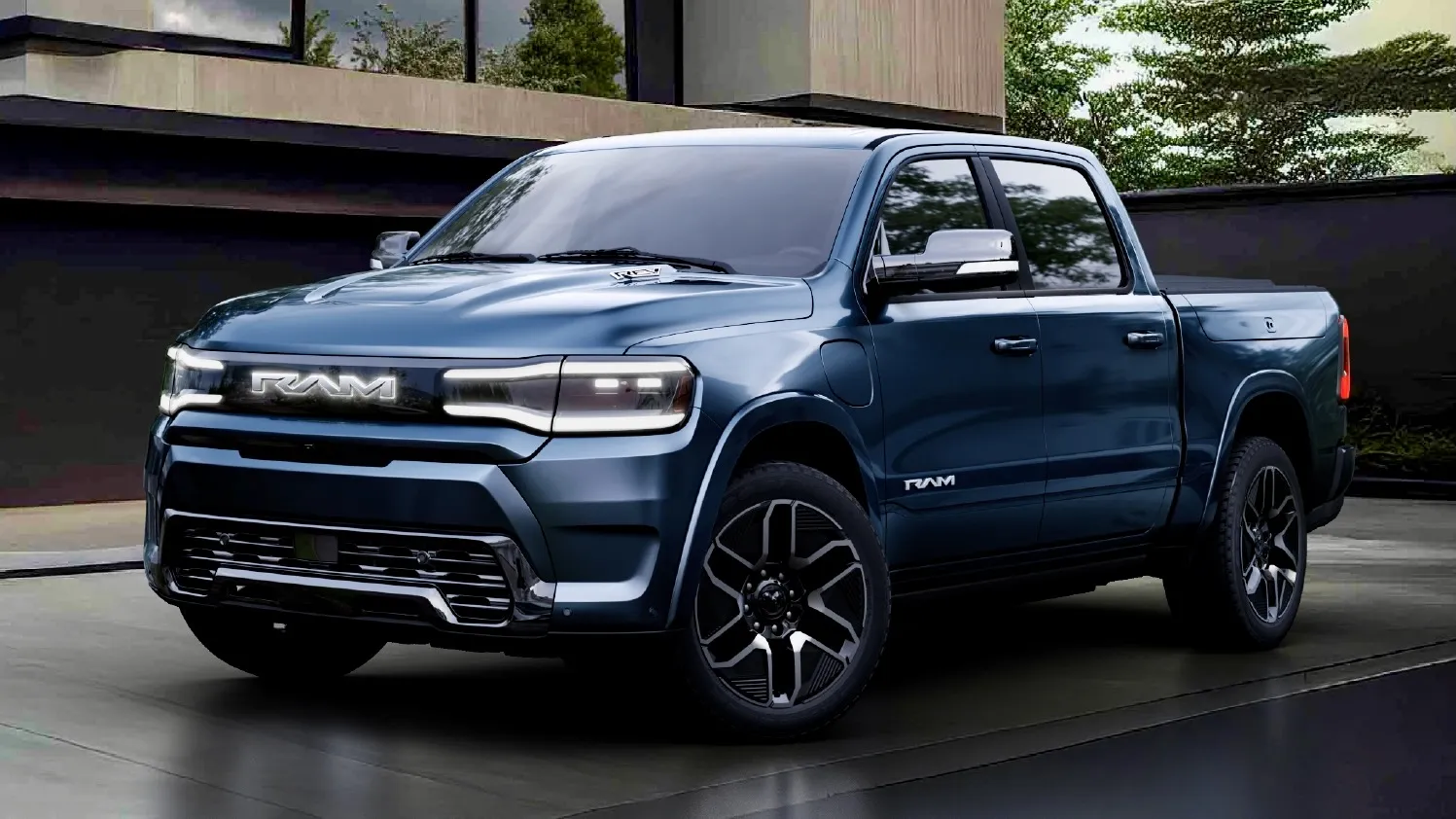Arthur Cook, a lawyer in Nashville, has always relied on his truck for various practical and recreational purposes, such as hauling cardboard to the dump or taking kayaks on weekend trips. However, Cook has grown frustrated with the poor fuel efficiency of his vehicle. Seeking a solution, he has decided to switch to an electric truck. Cook has already put down deposits for both Ford’s F-150 Lightning and Tesla’s Cybertruck, anticipating that one of these electric models will become an essential part of his lifestyle in the near future.
Electric Pickup Trucks Gaining Momentum
While electric cars have been steadily growing in popularity over the past decade, the electric pickup truck market is still emerging. According to Bernard Swiecki, director of research at the Center for Automotive Research, the delay in electric truck adoption was due to the heavy batteries required for large vehicles, which were once prohibitively expensive. However, significant technological advancements and a sharp decrease in battery prices have made electric pickups more feasible, paving the way for mass production.

With the growing feasibility of electric pickups, major automakers like Tesla, Ford, GM, Toyota, and Rivian have entered the market, eager to capture a share of the demand. The competition is fierce, as the demand for electric trucks has already exceeded expectations, resulting in long waiting lists for customers. Despite the demand, manufacturers underestimated how quickly battery prices would drop, leading to challenges in meeting customer needs. These delays, along with supply chain disruptions exacerbated by the pandemic, have slowed the production process.
Manufacturing Hurdles and Production Delays
The transition to electric truck production involves major adjustments for automakers. Reworking supply chains, setting up new manufacturing facilities, and sourcing essential components like batteries and semiconductor chips requires both time and significant financial investment. These challenges are compounded by supply chain issues that have plagued the global automotive industry, making it difficult for manufacturers to scale production quickly enough to meet the surging demand. As a result, automakers are prioritizing their existing models while cautiously venturing into new electric projects.
The rapid demand for electric trucks, coupled with manufacturing delays, has led to frustration among customers. For instance, Ford has received 200,000 reservations for its F-150 Lightning, far surpassing its typical reservation numbers for conventional F-150s. While some customers, like Mary Burns and her husband, are enthusiastic about the shift to electric vehicles—already using an electric car and solar panels—they face long waiting periods. Their current truck is nearing the end of its lifespan, and they must contend with delays in the production timeline, highlighting the tension between the demand for new electric trucks and the slow pace of their delivery.

